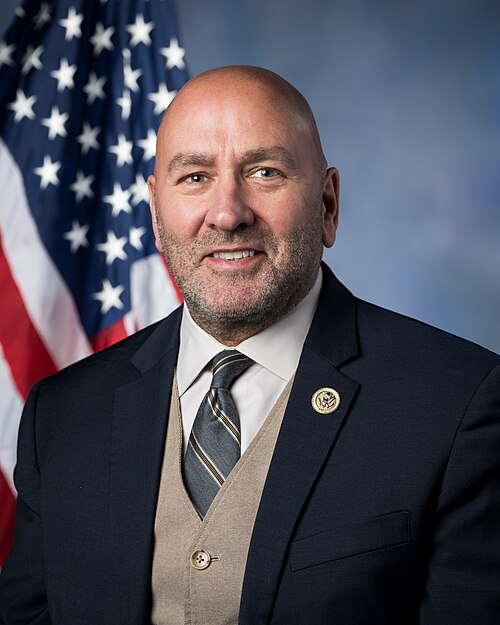H.R. 3347: Sovereign States Emergency Management Act
This bill, known as the Sovereign States Emergency Management Act, aims to abolish the Federal Emergency Management Agency (FEMA) and establish a new disaster relief framework through block grants to states. Here is a summary of its key provisions:
Abolishment of FEMA
- The bill proposes to abolish FEMA two years after it is enacted.
- Any unused funds from FEMA at the time of its abolishment will be transferred to the U.S. Treasury.
- All responsibilities previously held by FEMA will be transferred to the President of the United States.
- Personnel and resources from FEMA will also be made available to the President for these functions.
- References to FEMA in existing laws will be updated to reflect these changes.
Disaster Relief Block Grant Program
- The bill establishes a program under the Secretary of the Treasury to provide grants to states for natural disaster and emergency relief.
- Each state will receive a grant amount determined by a formula that takes into account several factors, including:
- Population size
- Historical disaster frequency and severity
- Geographic risk factors
- Economic need, measured by per capita income
- States can use the grants for:
- Disaster preparedness training and equipment
- Response and recovery operations after a natural disaster
- Mitigation projects aimed at reducing future disaster risks
- A maximum of 5% of the grant funds can be allocated for administrative costs by the states.
State Emergency Management Plans
- Each state is required to submit an emergency management plan annually that details how it plans to use the grant funds.
- The plan must include coordination between state, local, and tribal authorities.
- The effectiveness of the emergency management plan will be measured through specific goals for preparedness and response.
Accountability and Reporting
- States must report on the usage of grant funds and the outcomes achieved, including improvements in preparedness and response times.
- The Secretary of the Treasury will conduct annual audits of the grant program.
- 10% of the funds will be allocated for program administration and auditing expenses.
Termination of the Program
- The grant program will cease four years after the rules for fund allocation are issued by the Secretary.
Definitions
- The bill defines "emergency" as instances needing assistance to save lives, protect property, and public health.
- "Natural disaster" covers a range of events, including hurricanes, earthquakes, floods, and other catastrophic incidents.
- The term "State" includes all U.S. states, the District of Columbia, and territories such as Puerto Rico and Guam.
Relevant Companies
- None found
This is an AI-generated summary of the bill text. There may be mistakes.
Show More
Sponsors
1 sponsor
Actions
3 actions
| Date | Action |
|---|---|
| May. 13, 2025 | Introduced in House |
| May. 13, 2025 | Referred to the Committee on Transportation and Infrastructure, and in addition to the Committee on Homeland Security, for a period to be subsequently determined by the Speaker, in each case for consideration of such provisions as fall within the jurisdiction of the committee concerned. |
| May. 13, 2025 | Referred to the Subcommittee on Economic Development, Public Buildings, and Emergency Management. |
Corporate Lobbying
0 companies lobbying
None found.
* Note that there can be significant delays in lobbying disclosures, and our data may be incomplete.
Potentially Relevant Congressional Stock Trades
No relevant congressional stock trades found.
